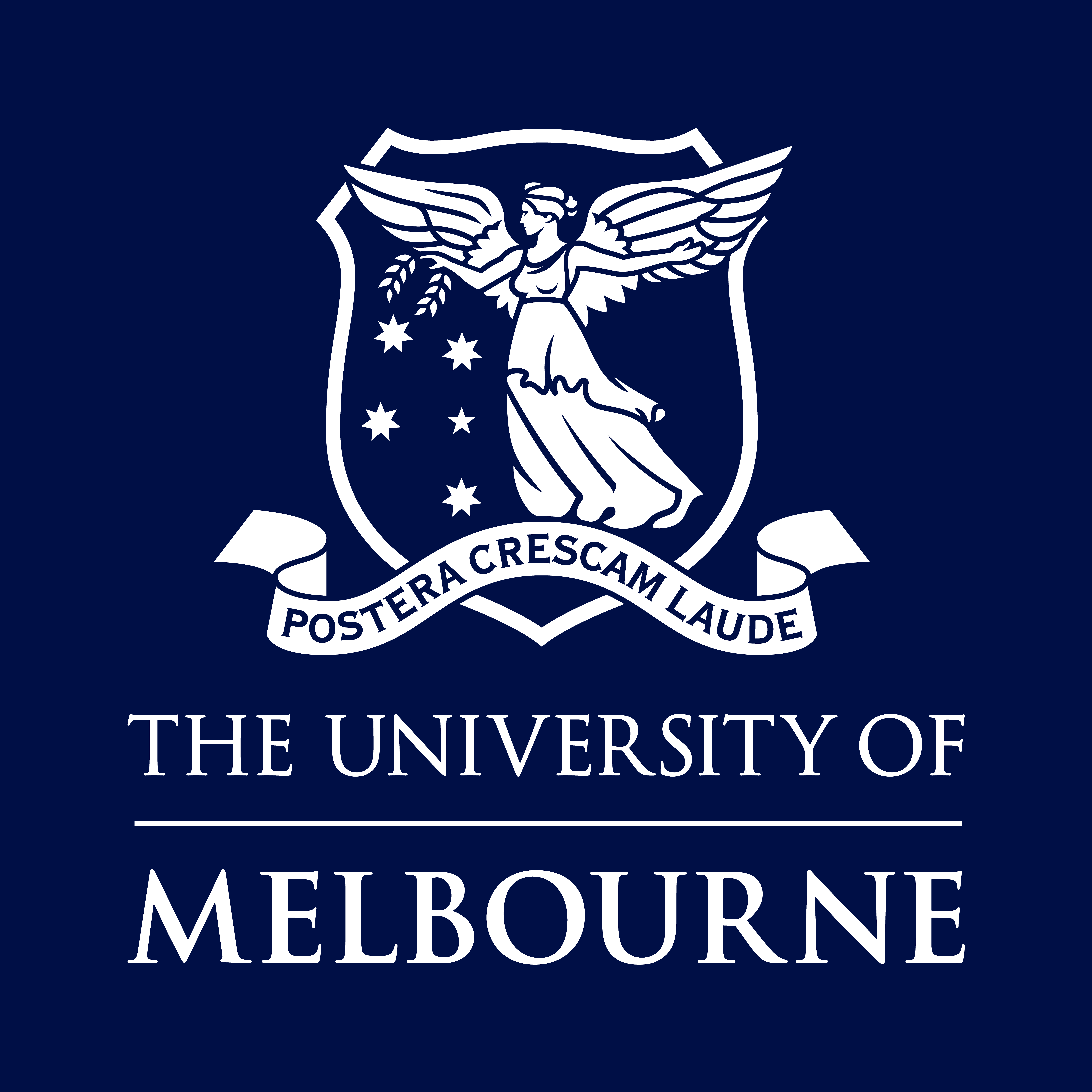Refine results
Level of study
Location
Study Mode
Field of study
Bachelor of Science (Applied Sciences) (Honours)
- Melbourne City
- 1 years full-time

Bachelor of Science (Health Sciences), Bachelor of Innovation
- Curtin Perth
- 4 years full-time
Bachelor of Applied Science (Honours)
- Mawson Lakes | Also at 1 other campus
- 1 years full-time

Bachelor of Science (Biological Sciences)
- Gardens Point
- 3 years full-time
- ATAR: 70 or above

Bachelor of Science (Health Sciences)
- Curtin Perth | Also at 1 other campus
- 3 years full-time
- ATAR: 70 or above

Bachelor of Applied Science (Nautical Science)
- AMC Launceston | Also at 1 other campus
- 4 years full-time
- ATAR: 65 or above

Master of Science - Earth Sciences
- Parkville
- 2 years full-time
- Tuition fees: $81,850

Bachelor of Science Advanced (Honours) (Biological Sciences)
- Gardens Point
- 4 years full-time
- ATAR: 88 or above

Bachelor of Science (Health Sciences) (Honours)
- Curtin Perth
- 1 years full-time
Bachelor of Science (Physical Sciences)
- Perth campus
- 3 years full-time
- Tuition fees: $27,482
- ATAR: 70 or above